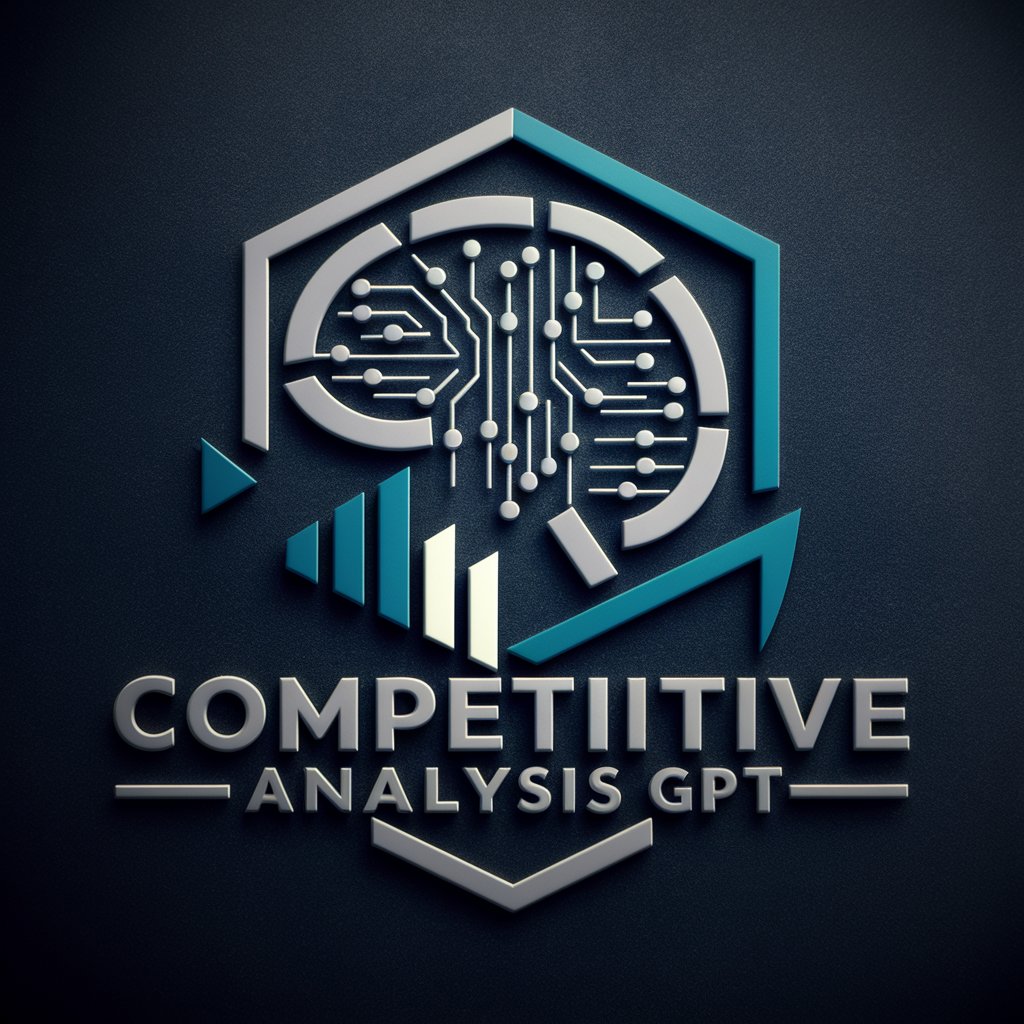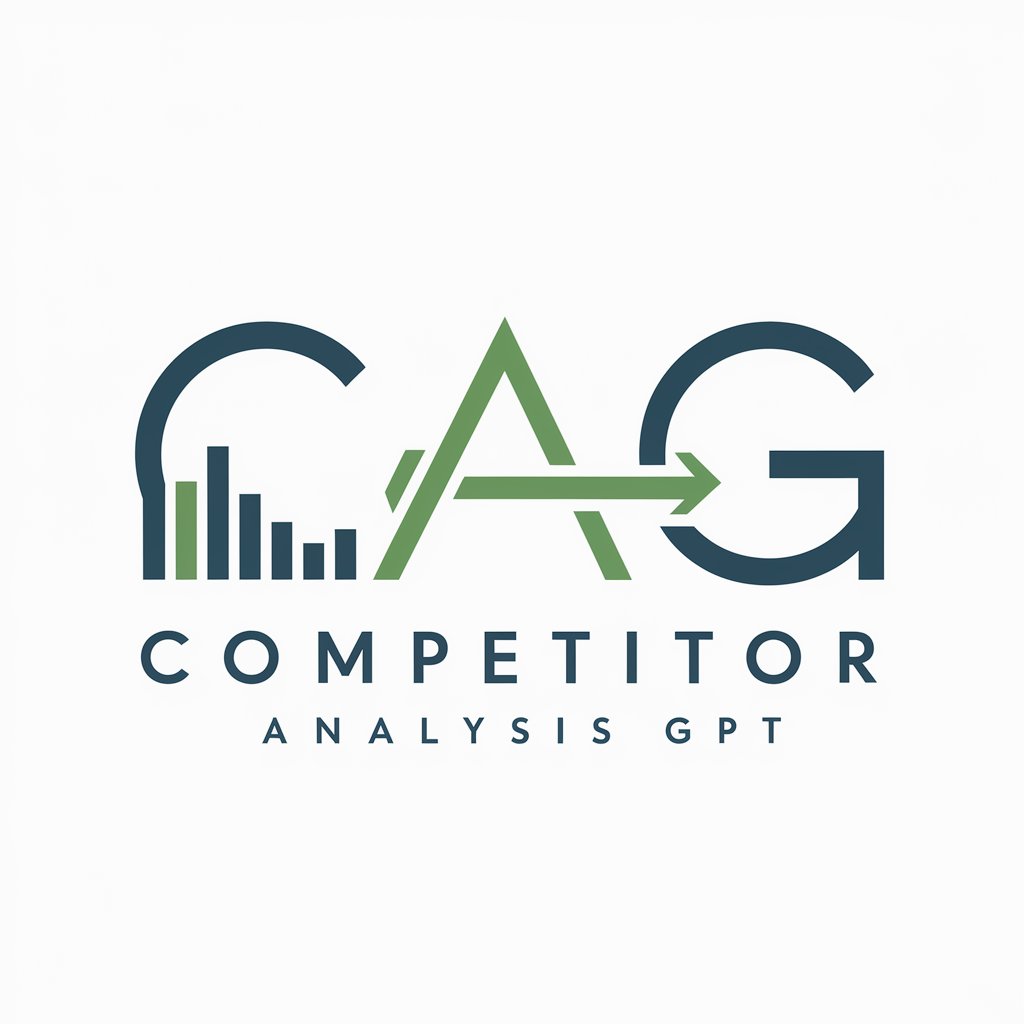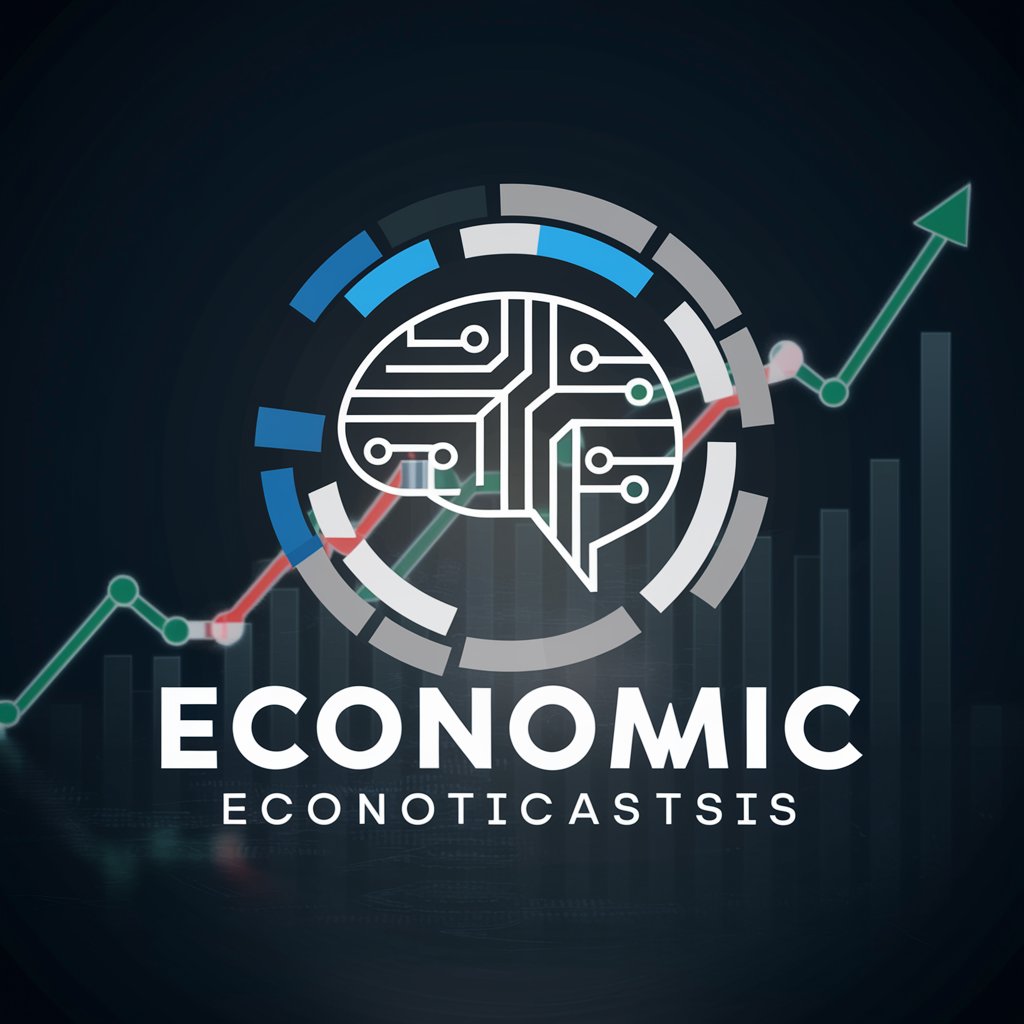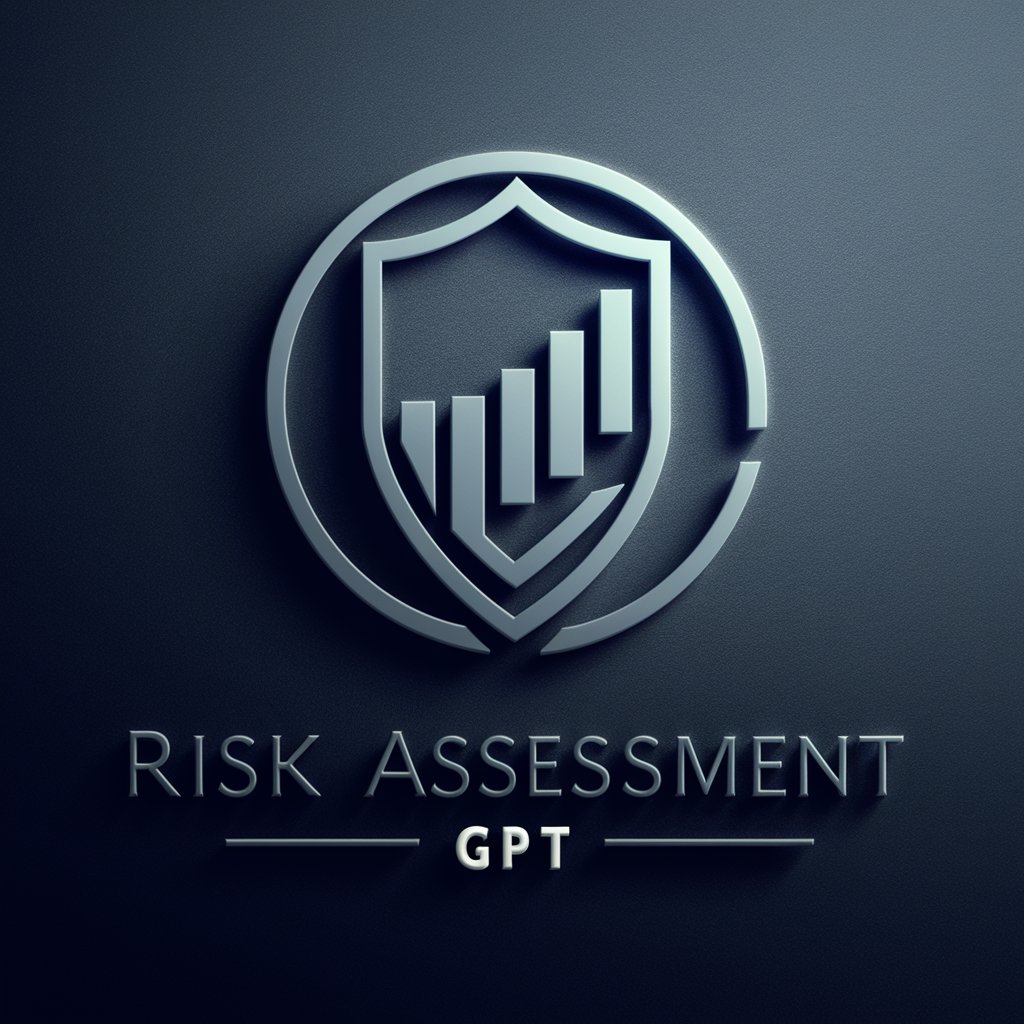
Policy Analysis GPT - Policy Impact Analysis
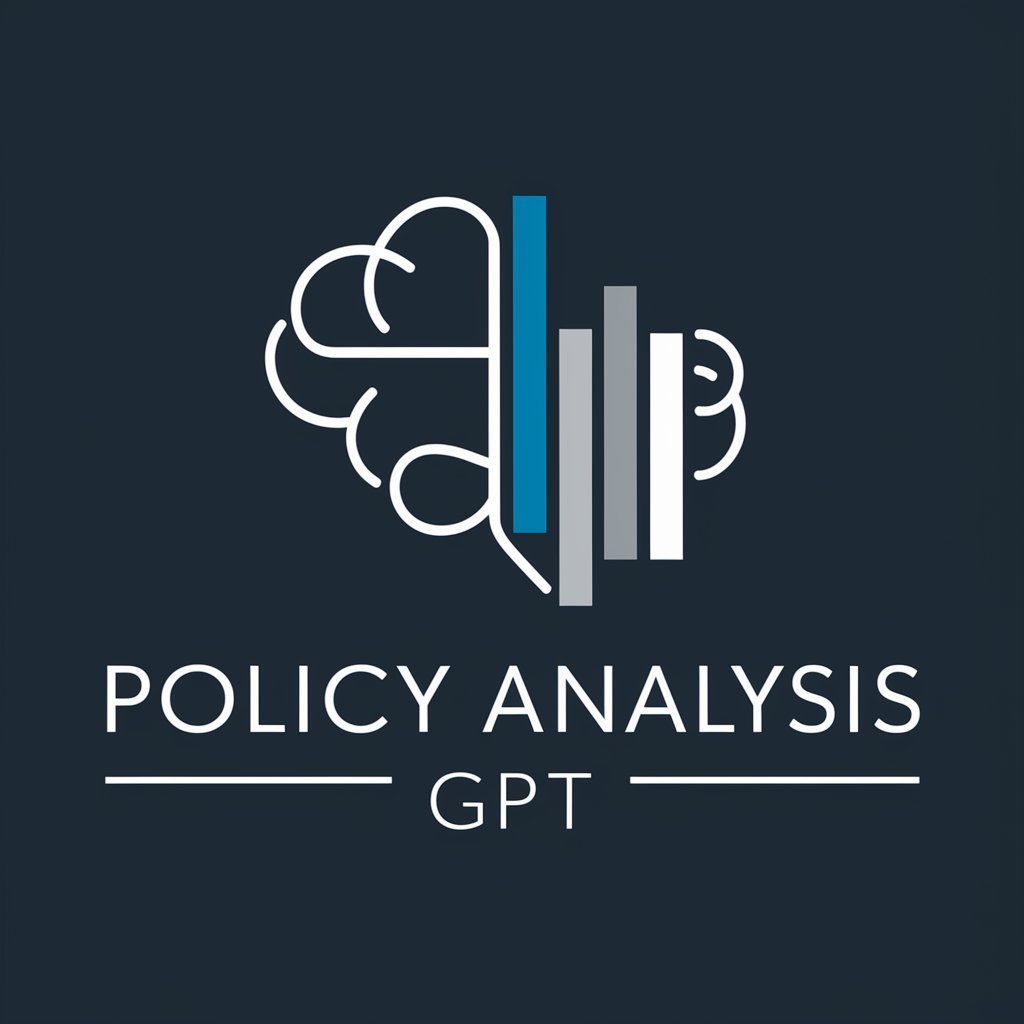
Welcome to Policy Analysis GPT, your expert source for comprehensive policy insights.
Empower decisions with AI-powered analysis.
Analyze the economic impacts of the proposed tax reform, considering historical data and current economic trends.
Evaluate the potential social outcomes of implementing universal basic income in a diverse urban setting.
Discuss the environmental implications of new energy policies focused on renewable resources.
Examine the political challenges and benefits of introducing a new healthcare policy in a polarized society.
Get Embed Code
Introduction to Policy Analysis GPT
Policy Analysis GPT is designed as an advanced tool to support individuals and organizations involved in public policy, governance, and social sciences. Its primary function is to analyze and predict the impacts and outcomes of proposed policies by considering various factors such as social, economic, environmental, and political aspects. For instance, when evaluating a new healthcare policy, Policy Analysis GPT can provide insights into potential effects on public health outcomes, healthcare costs, and access disparities. It leverages a comprehensive knowledge base, including academic research, statistical data, case studies, and historical policy outcomes, to offer evidence-based, balanced perspectives tailored to the specific context of the policy in question. Powered by ChatGPT-4o。

Main Functions of Policy Analysis GPT
Comprehensive Policy Impact Analysis
Example
Analyzing the environmental impact of a proposed carbon tax.
Scenario
Policy Analysis GPT evaluates the policy's potential to reduce carbon emissions, its economic implications for industries and consumers, and possible social equity concerns.
Predictive Insights
Example
Forecasting the effects of educational reforms on literacy rates.
Scenario
Using historical data and current trends, the GPT predicts changes in literacy rates, impacts on workforce skills, and long-term economic benefits.
Ethical and Regulatory Compliance Review
Example
Assessing the ethical implications of using AI in public surveillance.
Scenario
The tool evaluates concerns related to privacy, civil liberties, and potential biases, providing a balanced view on the policy's alignment with ethical standards.
Ideal Users of Policy Analysis GPT Services
Policymakers and Government Officials
These users benefit from comprehensive analyses and predictive insights for drafting, implementing, and evaluating public policies.
Researchers and Academics
Individuals engaged in policy studies, social sciences, and related fields use the GPT for data-driven research and analysis.
Non-governmental Organizations (NGOs)
NGOs leverage the tool to understand policy impacts on their areas of interest, aiding in advocacy and program development.

Guidelines for Using Policy Analysis GPT
Accessing the Platform
Navigate to yeschat.ai for a trial without needing to log in or subscribe to ChatGPT Plus.
Setting Objectives
Identify and outline the specific policy or governance question you need to analyze.
Engage with the Tool
Interact with the tool by typing your questions or topics related to public policy, governance, or social sciences.
Utilize Features
Leverage the provided analytical features to explore various policy impacts, outcomes, and socio-political dynamics.
Review and Reflect
Examine the generated analysis, fact-check with external sources if necessary, and apply insights to your policy-making process.
Try other advanced and practical GPTs
Find My Agency Niche
AI-powered niche identification for agencies

Wealth Wizard
Empowering Your Investments with AI

Growth IQ Counsel
Empowering growth with AI insights

GPT Chat AI Chat
Engage, Discover, and Create with AI
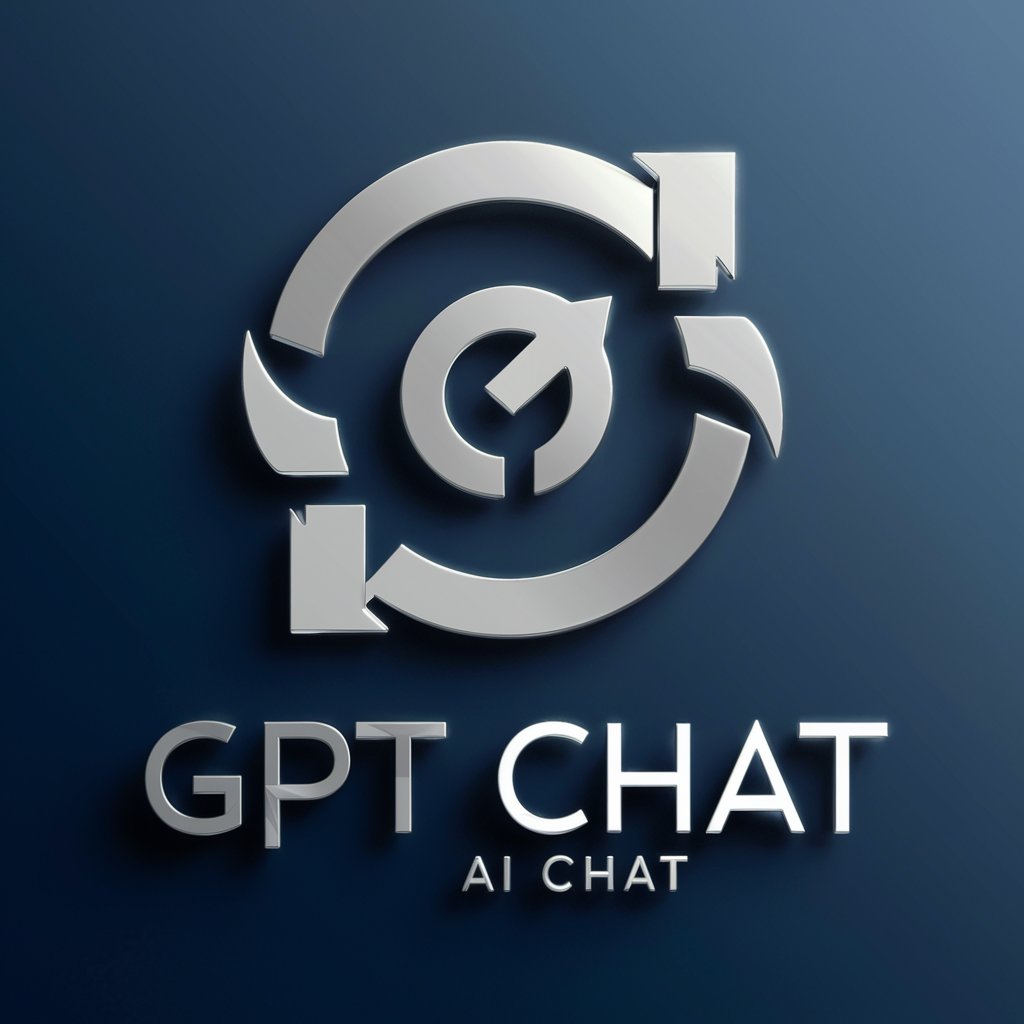
Model
Bringing Fashion to Life with AI

Zen Productivity
Balance work and life, mindfully.

Indigenous Language Preserver
Reviving Languages with AI

Where Can I Eat Near Me?
AI-Powered Dining Recommendations Near You

Conspiracy Theory Debunker
Debunk myths with AI-powered facts.
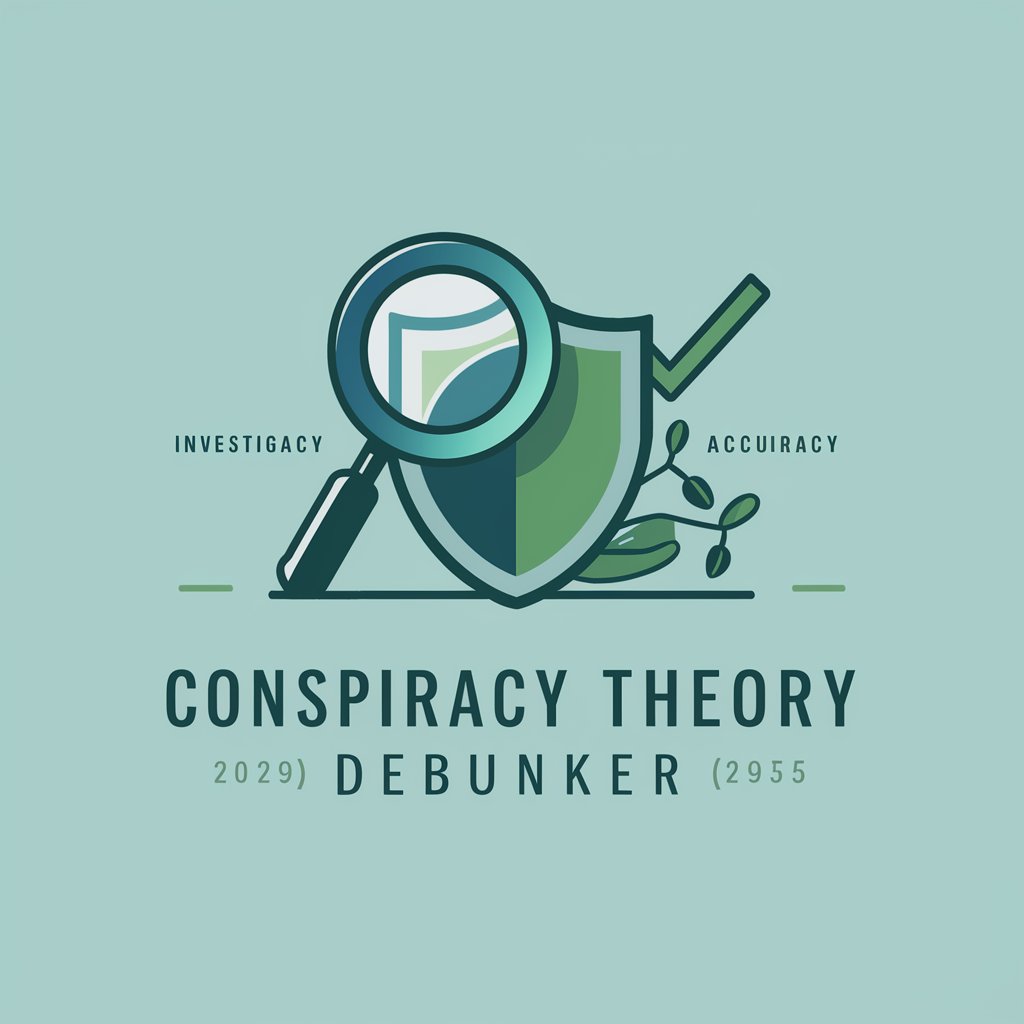
Six Thinking Hats
Empower decisions with AI-driven insights.

State Guesser
Guess the state with AI-powered clues!
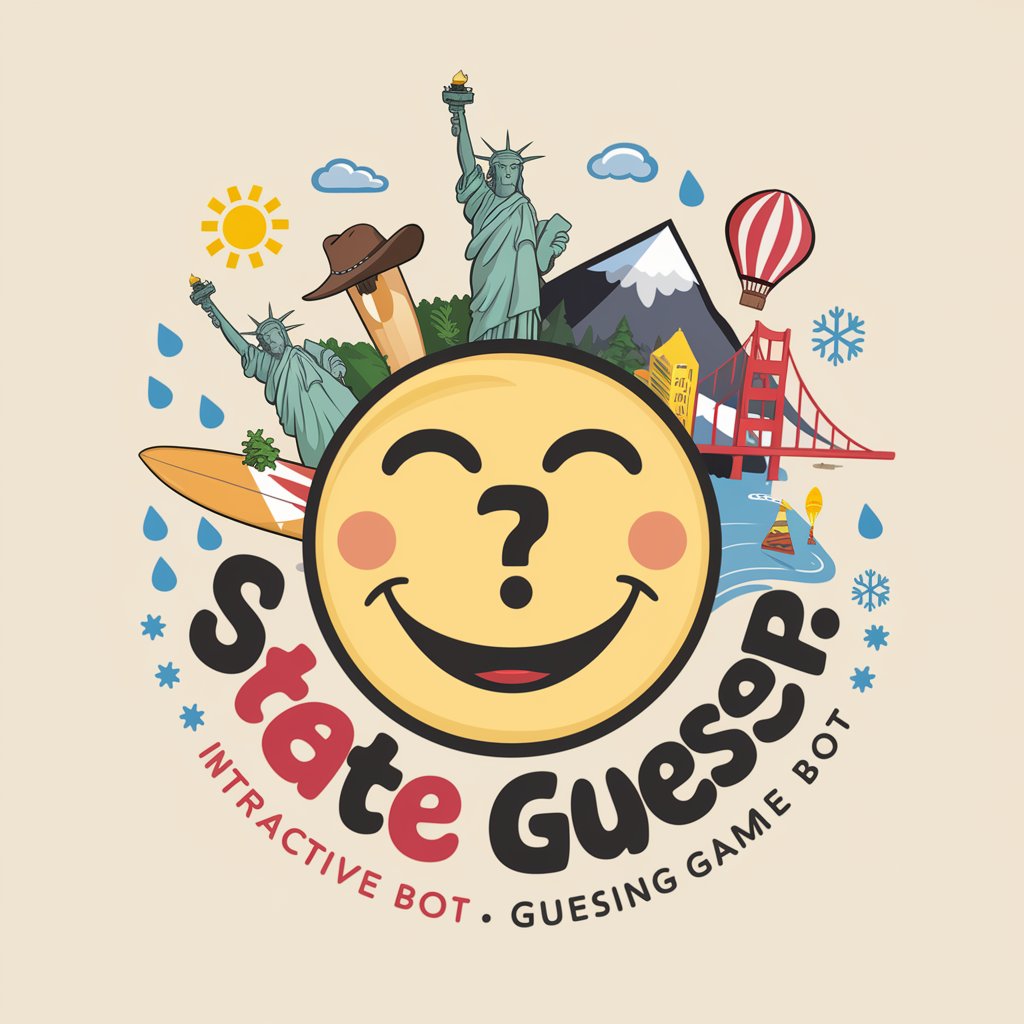
Newsletter Wingman
Elevate Your Email with AI-Powered Newsletters

Policy Analysis GPT Q&A
What is Policy Analysis GPT?
Policy Analysis GPT is an AI tool designed for policymakers, researchers, and students to analyze and predict policy impacts across social, economic, environmental, and political spheres.
How can Policy Analysis GPT aid in decision-making?
It provides multi-faceted analyses grounded in data, offering balanced views and predictive insights to support informed policy decisions.
What types of data does Policy Analysis GPT use?
It utilizes academic research, case studies, historical data, and current socio-economic trends relevant to policy analysis.
Can Policy Analysis GPT handle complex socio-political queries?
Yes, it's equipped to handle complex queries, offering nuanced insights into socio-political dynamics and policy outcomes.
How does Policy Analysis GPT ensure balanced perspectives?
It presents a balanced viewpoint by considering both potential benefits and drawbacks of policies, based on factual data and precedents.
